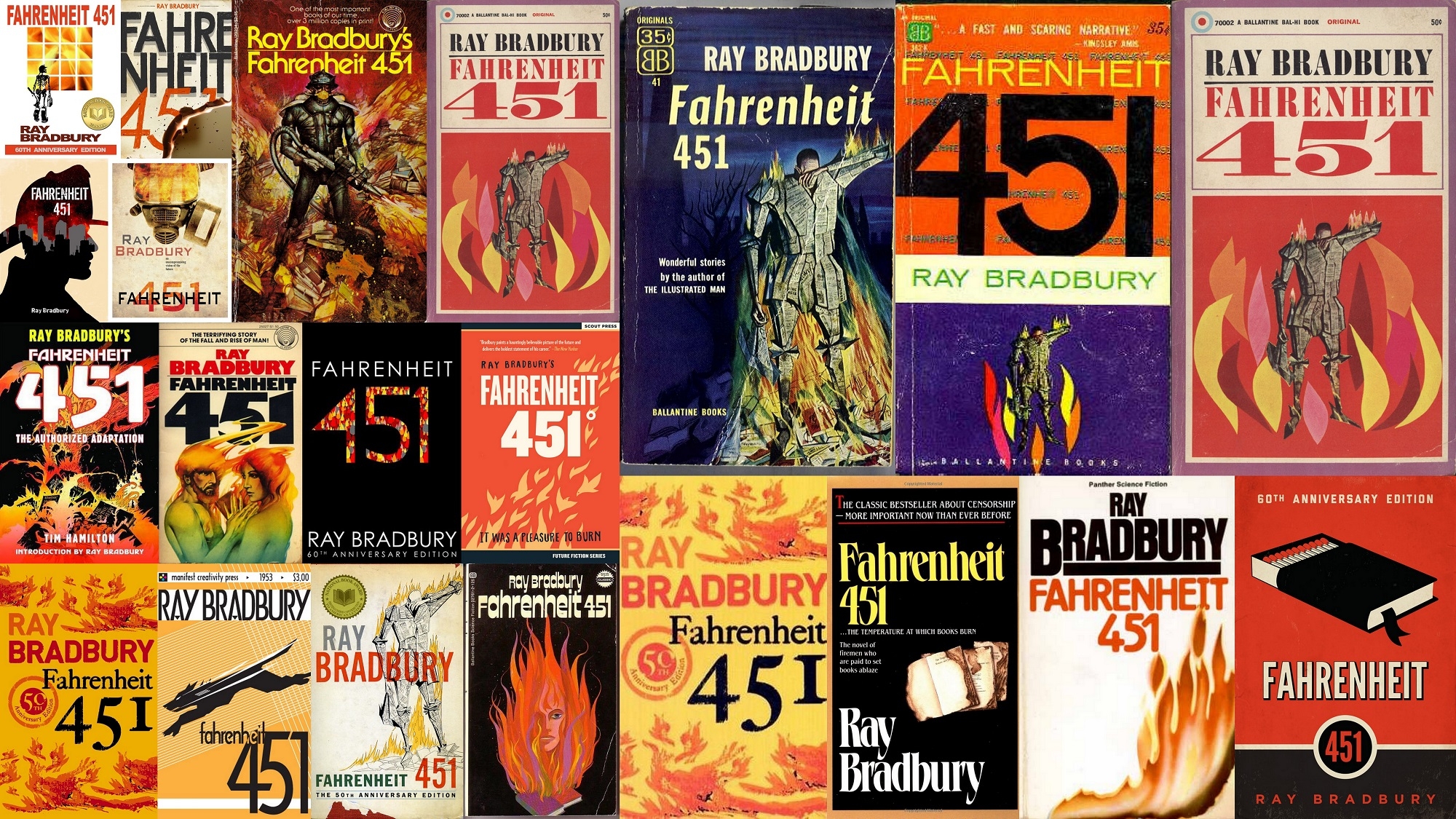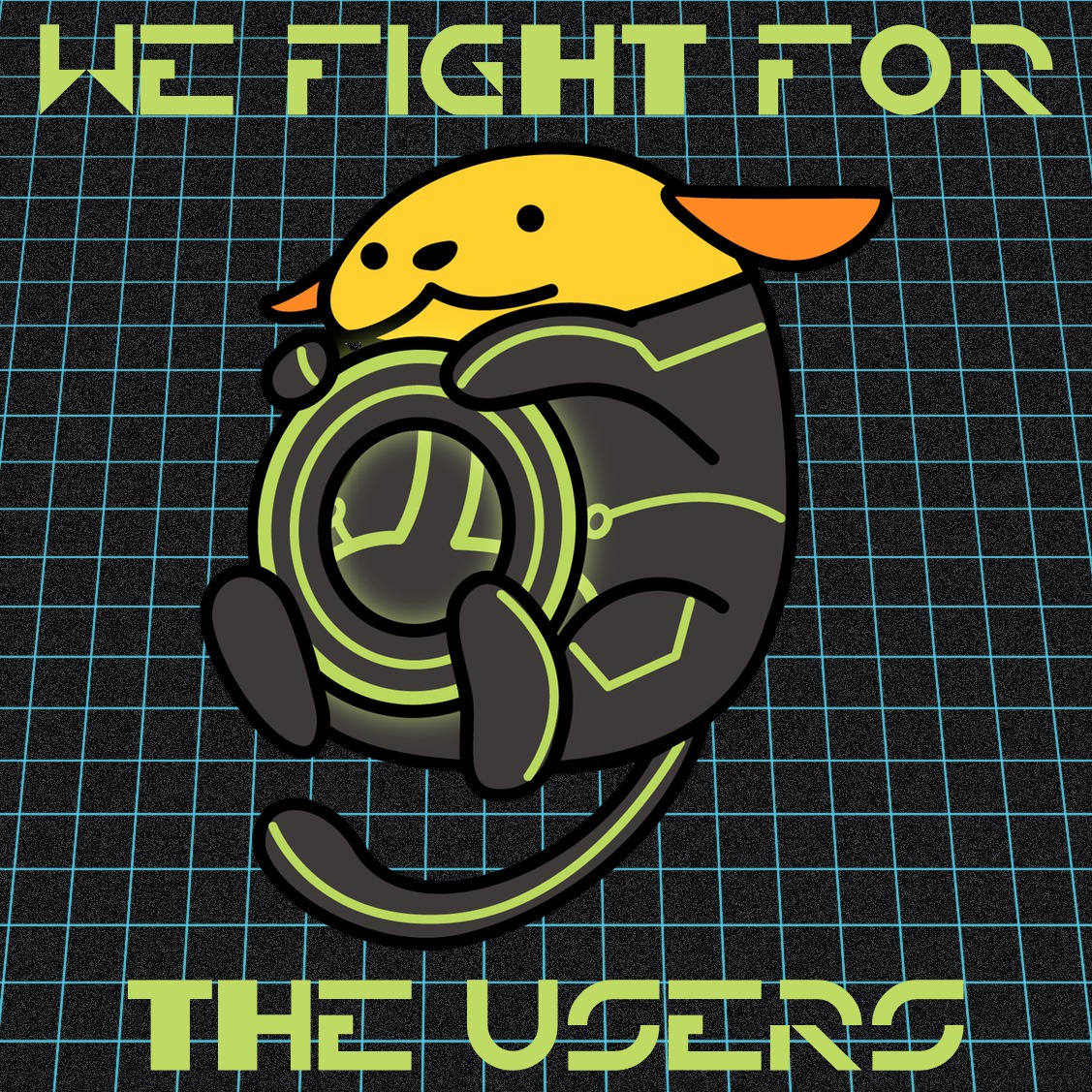The fireworks have already started here in Augusta, and I’ve been mulling over writing this for the last month, so it’s time to review 2015.
This year did not go anything like I planned in last year’s review, but I don’t see that as a bad thing.
There were several big goals I didn’t achieve, and will be transferring to 2016, but there were also a lot of things that happened unexpectedly which turned out to be great.
First, for the goals achieved.
I achieved my goal of co-hosting Office Hours, formerly Genesis Office Hours. This goes towards my goal of self-promotion generally and the goal of co-hosting that podcast in particular. I didn’t co-host the DradCast this year, but I’m transferring that one to this coming year. Goals achieved late are better than goals never achieved.
Slack accessibility hasn’t worked out so well, although there is a working solution for visually impaired people who want to contribute to WordPress and are using Instant Bird on Windows.
I haven’t contributed code to WordPress core yet, but still plan to do so, definitely in 2016. I did, however, contribute a little code to Utility Pro, the first premium accessible child theme for Genesis.
Now for the unexpected, as that’s what’s taken up most of this year.
In no particular order, I wrote a post for HeroPress, learned on a very personal level how generous the wordPress community can be, (for which I’m still deeply grateful and thankful), and I also learned, (thanks to the WPMorningCrew), that business and friends don’t necessarily have to be strictly separate. In other words, you can be friends with your colleagues, have fun with them, and still work with them. Those are lessons I’ll always take with me no matter where I end up.
I began working on a portfolio and listing projects, as well as collecting testimonials, and once I started on both those tasks, I found them easier to keep up with.
So what’s ahead for 2016? Firstly, over the last year, and with lots of thanks to the WordPress community, I’ve become a more confident person, which means I’m more comfortable sharing, whether that’s newly completed projects or code snippets or tutorials. I plan to continue working towards the goal of contributing code to wordPress itself, working on plugins and hopefully releasing some to the community for free, and of course, learning JavaScript deeply.
I’ve already been invited to speak at several WordPress events, so am planning to leave the shadows as it were and actually give talks instead of just being mentioned in other people’s talks. And of course writing more, both on and offline. I’d like to write some in-depth tutorials for this site, am participating in CopyBlogger’s cornerstone content challenge, and plan to be better at journaling, even if all of this comes down to writing ten minutes a day.
In regard to “passive” income sources like affiliate marketing, I plan to refocus on that. It’s tied to writing more content, and I didn’t give that as much attention as I wanted to this year, so I plan to do more towards incorporating affiliate marketing into my content this year.
I’ve picked up myself a copy of “Book Yourself Solid,” and one of my daily tasks will be working through the book and its associated workbook. I’m confident that putting in some work in the area of my business in general can only do good.
Finally, I plan to work on being less of a perfectionist, and being a lot less critical of myself. That doesn’t mean I’m settling for mediocre work, but it does mean that I don’t want to spend so much energy beating myself up whenever things go wrong. Failure when it occurs can be a learning opportunity along with successes.
So here’s to 2016, and I hope we all have a successful and prosperous one.

